Paul Dixon has candidly discussed his decision to undergo therapy after feeling “lost” in the aftermath of his retirement.
And the former Dundee United favourite has encouraged footballers to view seeking mental health support as a strength rather than weakness.
Dixon, 37, hung up his boots last year following a fine career that saw him make a combined 337 appearances for Dundee and United, while also turning out for Huddersfield, Grimsby Town, Peterhead and winning three caps for Scotland.
Robbed of the routine afforded by 20 years as a professional footballer, and with very little support or guidance on how to deal with the life-altering change, Dixon struggled for purpose and structure.
Dixon had no qualms about reaching out to mental health charity Back Onside and, following several months of therapy and open discussion, he can feel the benefits. And he is keen to remove any lingering stigma regarding seeking professional help.
Dixon: I needed help
“I had my knee operation when I finished playing and I just switched off,” said Dixon. “That switching off was completely alien to me because, as a footballer, I’m constantly training and keeping fit.
“The routine is there – I know where I need to be, and at what time. Once that goes, I found it very difficult to get myself into a routine.
“I realised that I needed help, and I reached out for that help. It’s not a weakness, it’s a strength to realise you need help. It’s been hard but I’m coming out the end of it.
“I’m speaking to a therapist due to my mental health. I felt myself feeling lost – I didn’t feel like myself. I got to the point where I was telling my wife stuff but there is only so much that she can do.
“I realised that I needed to speak to someone else and that’s when I got in touch with Back Onside. I’ve been speaking to her for 13 or 14 weeks. It has massively helped with how I am feeling and how I’m dealing with retirement.”
When you retire, you are forgotten
Dixon was speaking as part of a video feature released by United, documenting a recent presentation to the club’s youth players by DJ Stuart Cochrane which outlined his own battles with alcohol, drugs and mental health problems.
“The reason I gave up was because my head went, and I didn’t enjoy playing the game anymore,” Dixon continued.
“Ex-footballers come out and say they get no guidance and that is true. There isn’t a great deal of help for footballers who finish the game. It’s almost like you finish the game and are forgotten about.”
Living like a monk
Dixon now works as United U/14s lead coach and individual coach analyst within the academy, affording him an insight into the challenges facing the next generation of players.
He added: “It can be very difficult (for young players). There is so much temptation that comes in front of them, and they need to be very careful and mindful of the decisions they make in their lives.
“And it doesn’t get any easier if they become a fully blown professional footballer. You do have to live like a monk at times to keep yourself on the straight and narrow.”
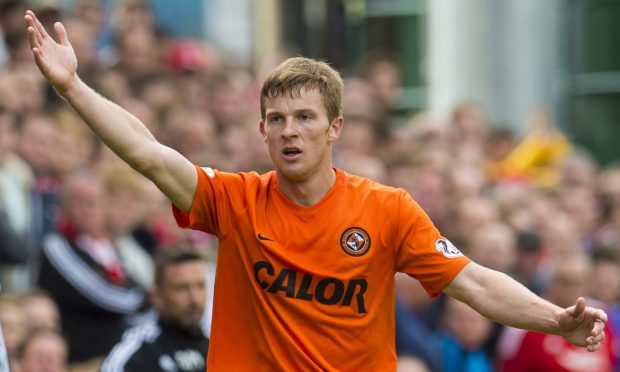
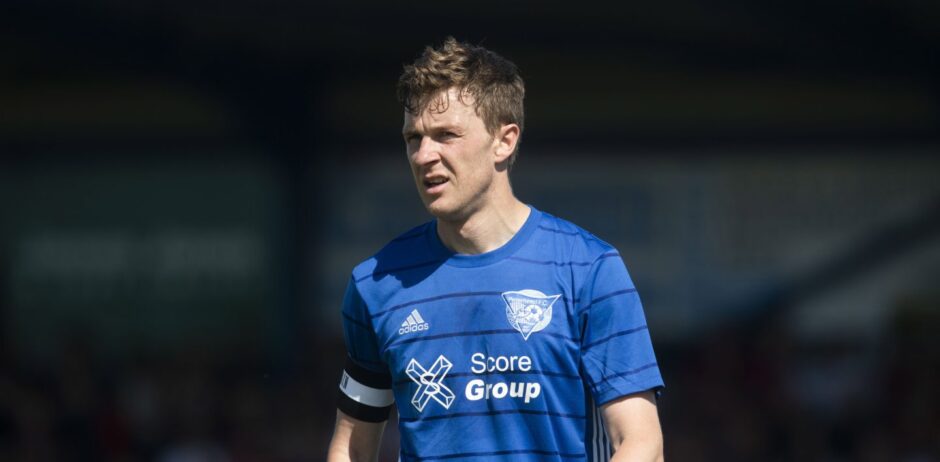
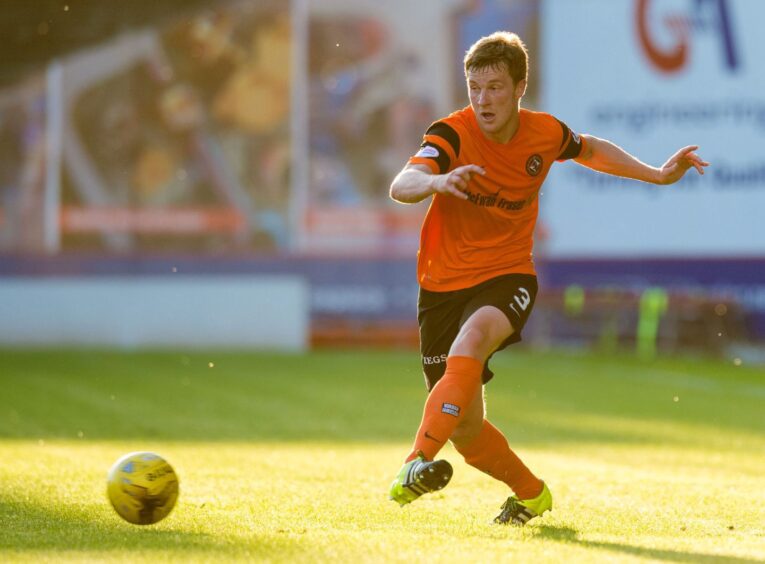
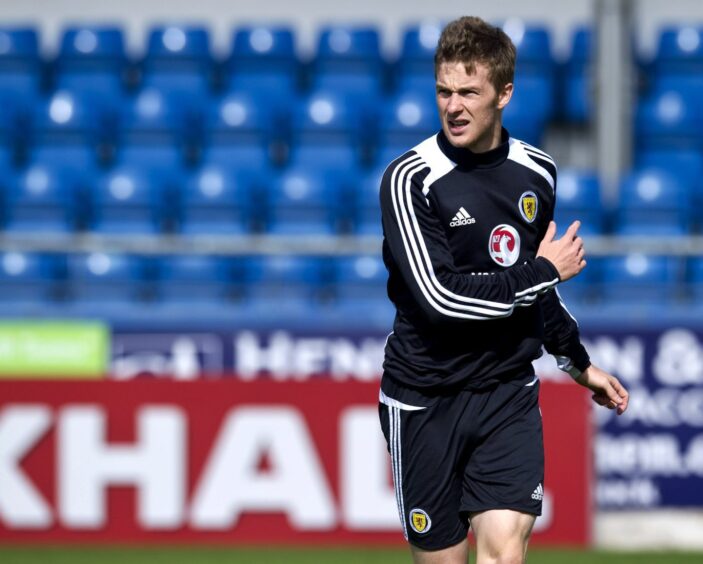
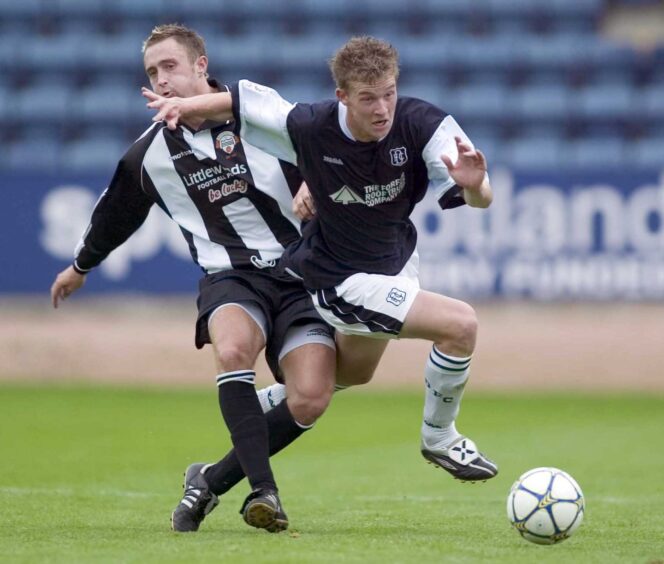
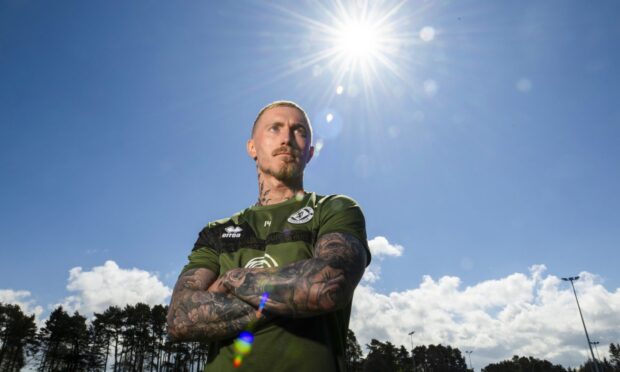
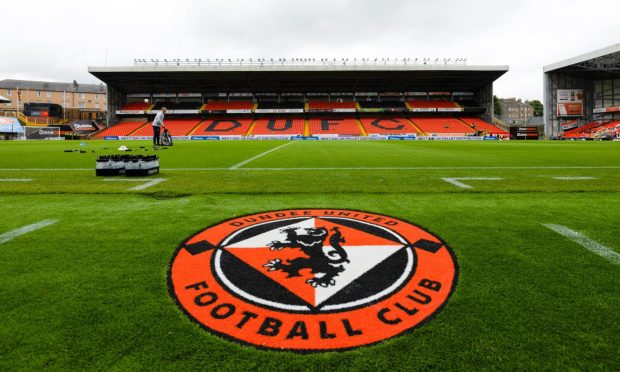
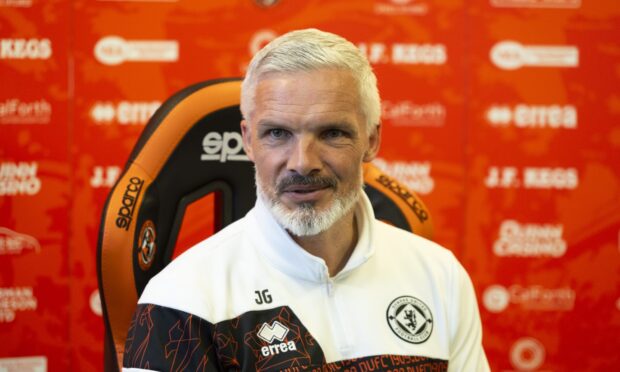
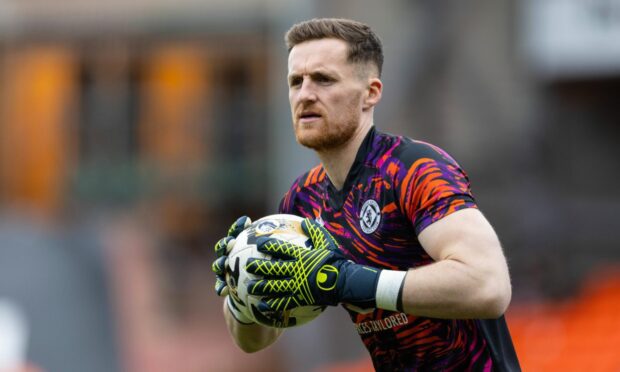
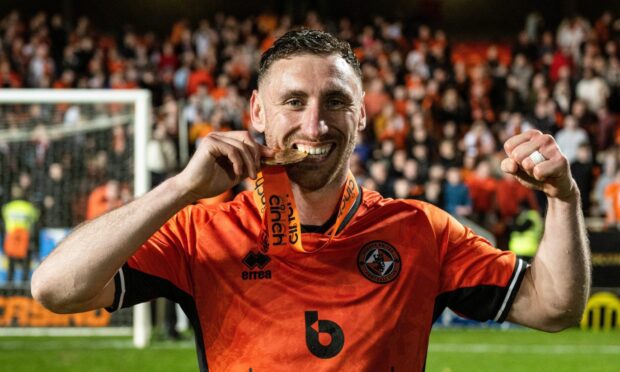
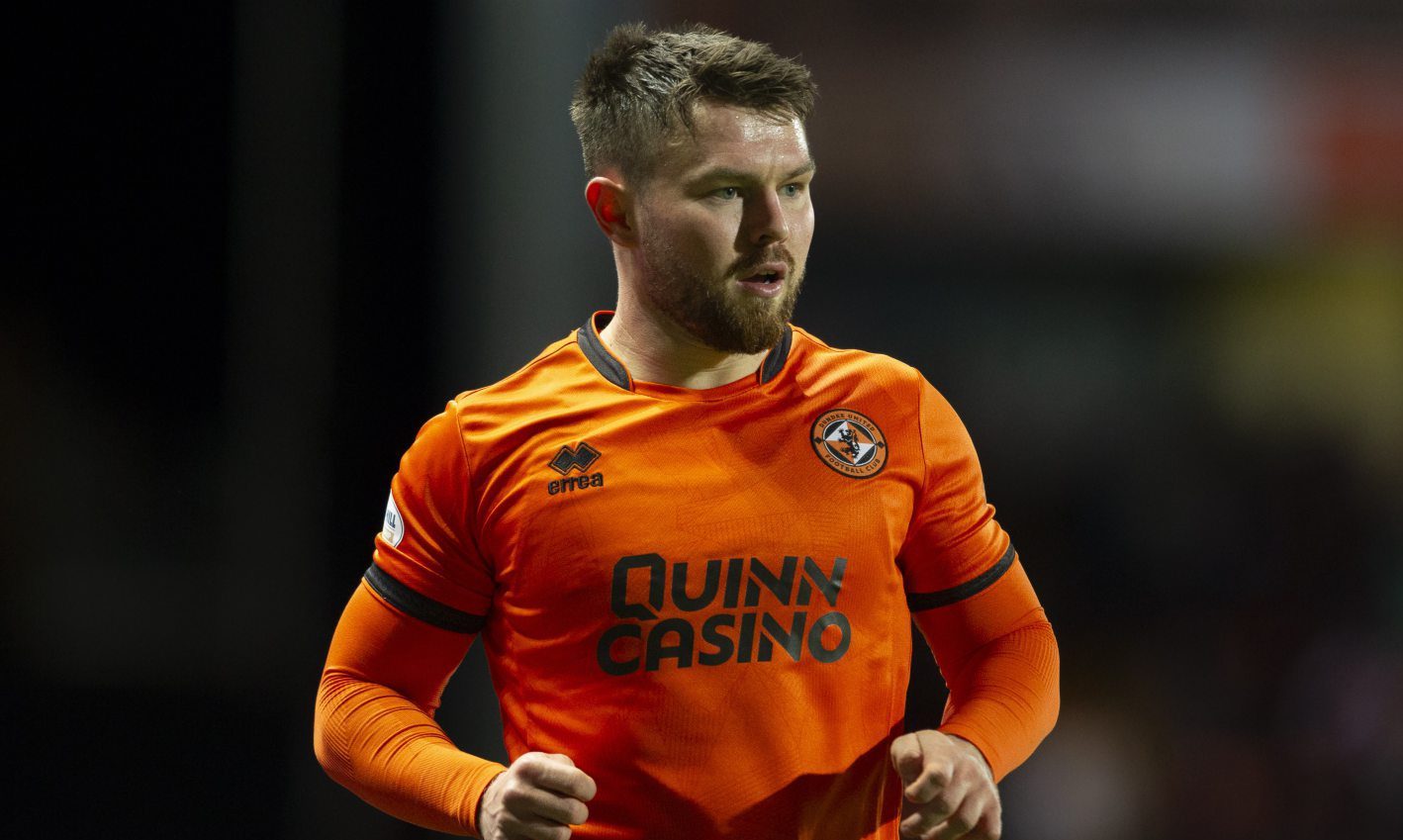
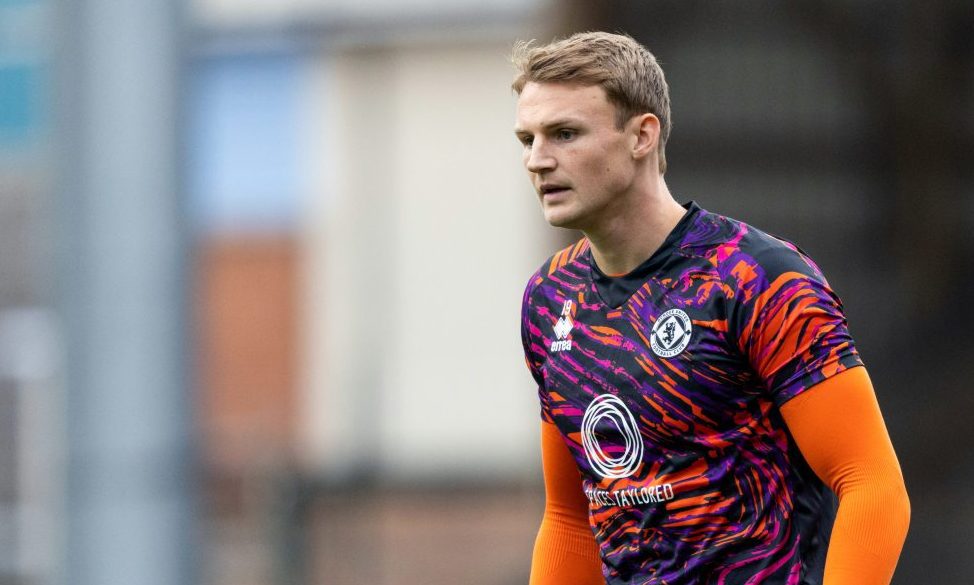
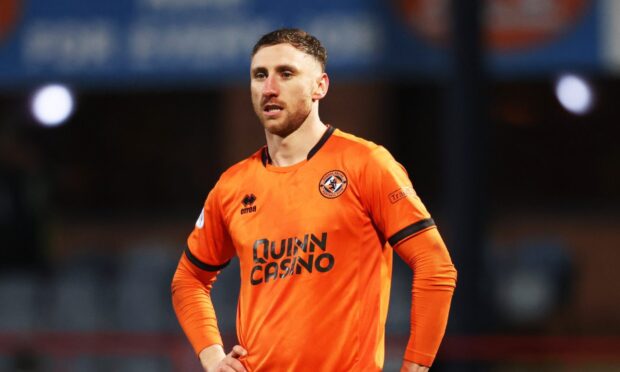
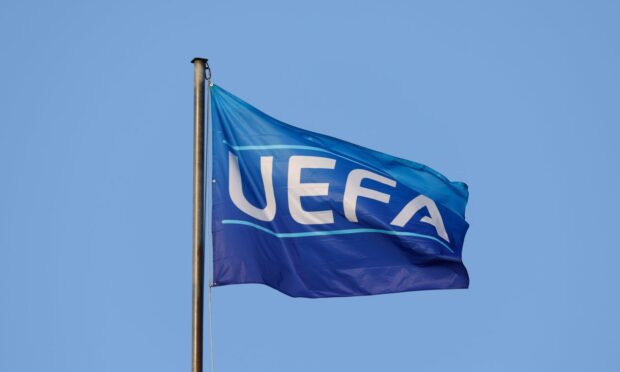
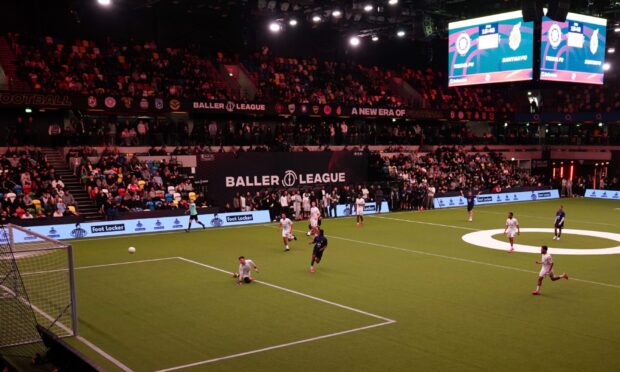
Conversation